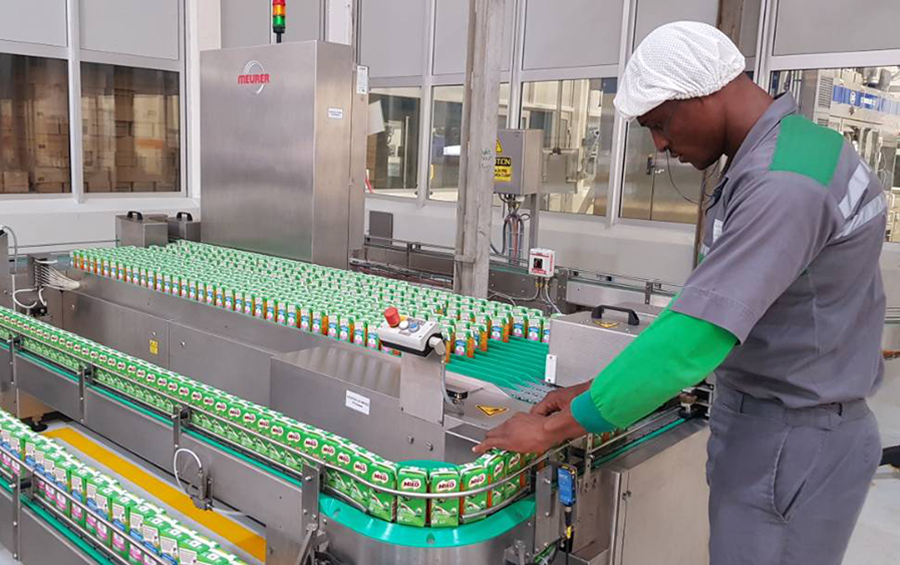Amid growing pressure on foreign exchange reserves in many African countries, food giant Nestle is moving quickly to acquire its raw materials to reduce production costs. This process change has been ongoing since the start of the Covid-19 pandemic, which has disrupted global supply chains and prompted companies to locate their raw materials closer to production sites and markets. Nestlé told Reuters it is replacing imported corn starch with starch and is working hard to help local suppliers improve capacity and quality standards. To facilitate these changes, Nestlé has undertaken various activities, including sending letters of intent to suppliers, providing technical expertise, working with local authorities to set quality standards, and providing financial assistance. in the form of the first payment. In addition, Nestlé's raw materials and equipment costs more than doubled from N163.7 billion to N223.6 billion, highlighting the challenges the company faces due to import costs. large and variable income.
A member of the industrial group of Nestle Unilever told Reuters recently that managing the financial issue is the main reason for it to switch to African suppliers, despite the high costs associated with local sourcing compared to imports. Increasing debt in many African countries has put a lot of pressure on cash flows and led to fluctuations in the foreign exchange market. Therefore, suppliers and companies actively seek to source local resources to reduce the foreign exchange burden. In June, the Central Bank of Nigeria (CBN) announced the consolidation of several foreign exchange markets in Nigeria, causing the value of the naira to fall by almost 40 percent, exacerbating domestic challenges. work that the country is facing.

The global food giant has stated, “The next step is to expand the localization journey across the region, including Cote d’Ivoire, Cameroon, and Senegal.” In addition to replacing corn starch with cassava starch, Nestle is also striving to develop local suppliers for spices, which it traditionally imports from Asia. These spices, used in its Maggi products, include onion powder for Senegal and Nigeria, and turmeric for Nigeria. Nestle further stated, “In the area of grains, we have successfully developed local farmers and processors through training in good agricultural practices, harvesting, warehousing, and cleaning practices.” "We are now taking the next step to introduce these farmers to regenerative agriculture as part of our sustainability journey and commitment.”




